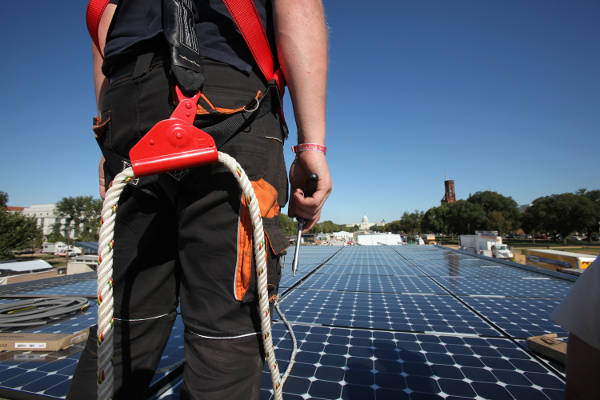- Canada is on the verge of a transformative automotive shift, with new regulations mandating zero-emissions for all new cars by 2035.
- This ambitious plan seeks to align Canada with global environmental standards while grappling with industry and consumer concerns over costs and infrastructure.
- The move represents a significant step in Canada's journey towards sustainable transportation.
CBC News reports that the Canadian government is poised to introduce significant regulations aimed at transforming the automotive market.
These new rules will mandate that by 2035, all new cars sold in Canada must be emissions-free. This bold move is set to bring about a significant shift in both consumer behavior and automotive industry practices.
Details of the Upcoming Regulations
Senior government sources have indicated that the regulations, due to be released on Tuesday, are designed to accelerate the production of zero-emissions vehicles. This aligns Canada with other countries, like the United States, which have already set similar targets.
The policy will implement a credit system, where automakers earn credits based on the number of low and zero-emissions vehicles they produce and sell. The lower the emissions, the more credits they receive. Additionally, credits are awarded for establishing necessary charging infrastructure. Companies will have the option to buy and sell these credits, offering flexibility in meeting targets.
The timeline for these changes begins in 2026, with incremental targets leading up to 2035. By 2026, 20% of all vehicles sold must be zero emissions, increasing to 60% by 2030, and reaching 100% by 2035. This progressive approach allows for a gradual transition for both manufacturers and consumers.
Consumer Concerns and Industry Response
Consumers are understandably concerned about the cost implications. Currently, the average price for an electric vehicle in Canada is approximately $83,000, significantly higher than conventional vehicles. Although the government estimates a long-term saving of $34 billion in energy costs against an upfront cost of $23.5 billion, the initial investment remains a hurdle for many.
The Canadian auto industry has expressed concerns about the aggressive nature of these targets. The Canadian Vehicle Manufacturers Association is advocating for more supportive measures to make these vehicles accessible to a broader range of consumers.
Looking Forward!
As Canada gears up for this major transition in its automotive sector, there are mixed reactions. While the environmental benefits of this shift are clear, the challenges in terms of cost and infrastructure development cannot be overlooked.
The success of these regulations will largely depend on the balance struck between ambitious environmental goals and the practical realities of consumers and the auto industry. The forthcoming regulations will be a significant indicator of Canada’s commitment to environmental sustainability and its ability to innovate in the face of global challenges.













Comments